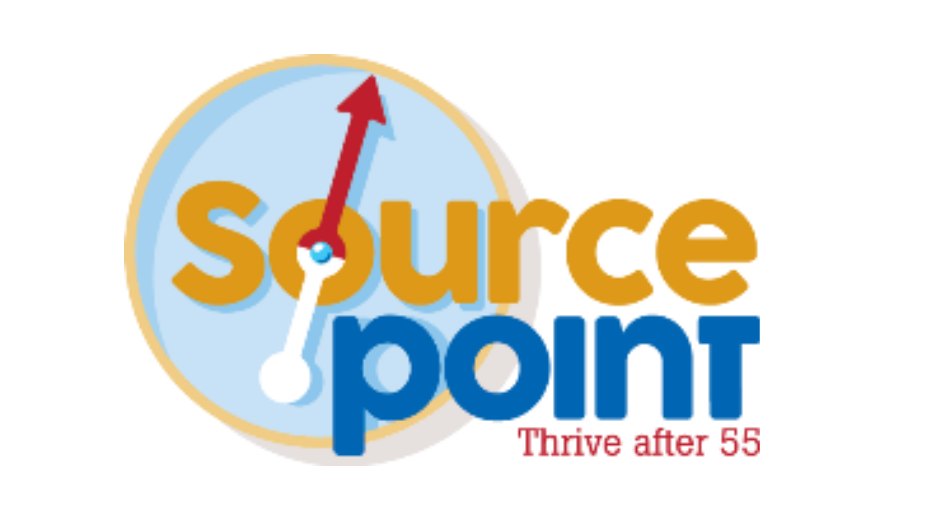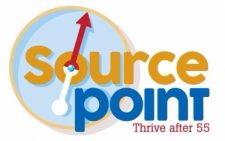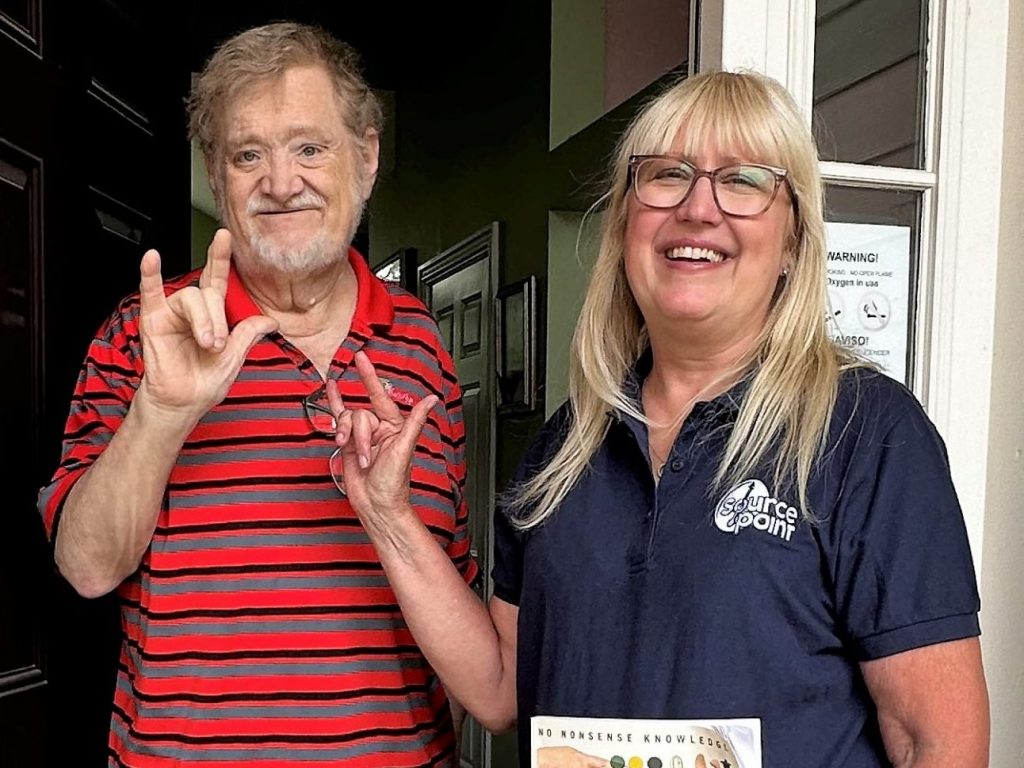In one of the early days of the pandemic, Debbie Rickabaugh had a new client on her Wednesday route. She spotted a metal yard sign in a flower bush that was cut out in the shape of the hand sign for “love,” indicating that the meal recipient was hard of hearing or deaf. Having been a Meals on Wheels volunteer for more than 16 years, Debbie’s knuckles have knocked on doors upwards of 8,000 times, delivering hot lunches and so much more. She knew the value of taking the time for a conversation with an isolated senior and wondered how she would engage with her new client, Dennis Neal. Debbie was pleased to discover that Dennis was a skilled lip reader. Despite Dennis being profoundly Deaf and an American Sign Language (ASL) user, the two of them communicated without issue. Dennis clearly enjoyed her friendly banter on the days she delivered his meal.
Then came the shutdown and with it, the state’s masking mandate, reducing Dennis and Debbie’s friendly interactions to a distant wave. According to the National Association of the Deaf, “widespread use of opaque masks affects speechreaders… because being able to see the mouth movements and facial expressions are helpful cues to basic communication.”* Debbie was bothered by the idea that she might be Dennis’ only human contact on Wednesdays and that they had lost the ability to meaningfully communicate.
When her grandchildren were toddlers, Debbie taught them some basic ASL she learned by watching YouTube tutorials. She returned to YouTube to advance her skills, learning some basic phrases like, “Have a good day” and “How are you?” Worried that Dennis might think she was just waving her arms around, she added to her repertoire, “I am learning to sign.”
“I find I use the wrong hand a lot and get confused,” Debbie says.
Dennis was thrilled. In the recent years since her first attempt at signing, Dennis has embraced the role of teacher, signing back to correct Debbie if she makes a mistake. During a recent delivery he signed to her, “I’m very excited that you have learned sign language.”
“I’m trying!” she signed back.
“And it’s good!” he replied in ASL. “Sometimes it’s awkward, but just work at it.”
When Debbie started as a SourcePoint Meals on Wheels volunteer in 2007, the burgeoning program was outsourced through a local hospital and served 170,300 meals that year. By the following year, the program had outgrown the hospital and SourcePoint built a new enrichment center, complete with its own production kitchen and dedicated pick-up/drop-off site. In 2022, the program provided more than 276,000 meals—a 20% increase over the previous year—and continues an upward trajectory.
Despite the massive growth, the program has refrained from becoming impersonal, continuing to recognize each older adult served as an individual worthy of dignity and respect. SourcePoint’s volunteers are encouraged to address seniors by name as a sign of courtesy. This simple act lets everyone know they are visible, remembered, and important.
Debbie’s deliberate and thoughtful effort took this concept a few steps further. In doing so, she let Dennis know he was important enough for her to be thinking about him, long after his meal was delivered, and deepened a friendship that continues to be nourished weekly.
Debbie And Dennis_MOW May 2023 (1) from SourcePoint on Vimeo.
*https://www.nad.org/position-statement-on-communicating-with-dhh-while-wearing-masks/


